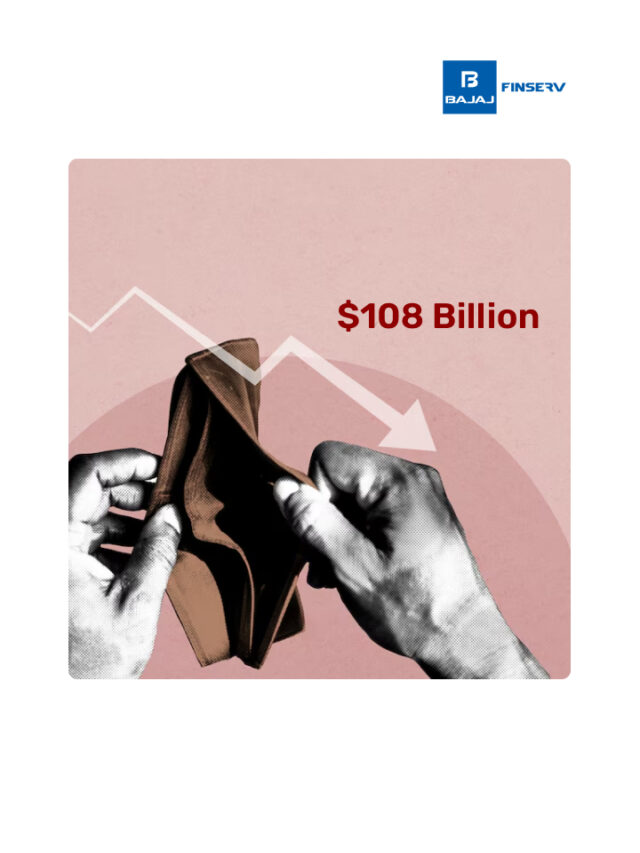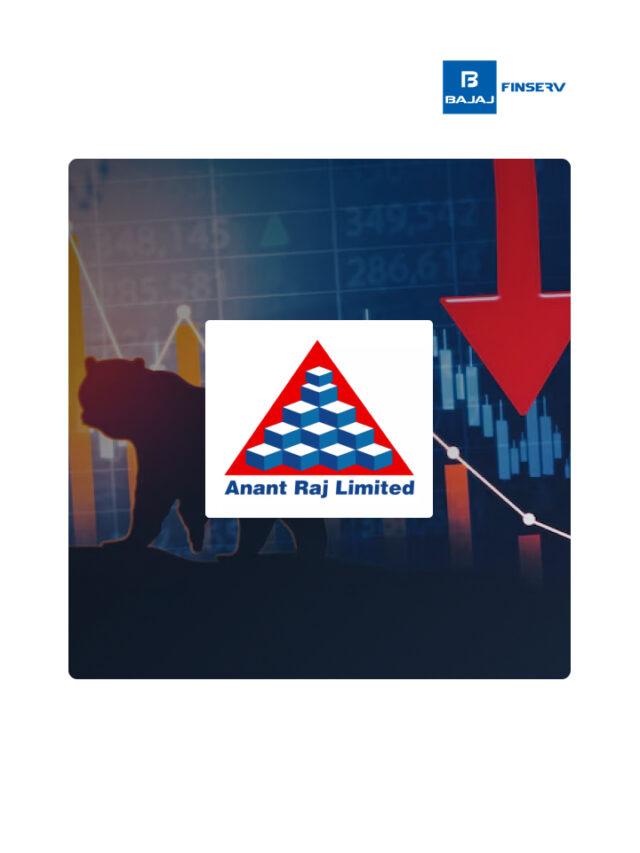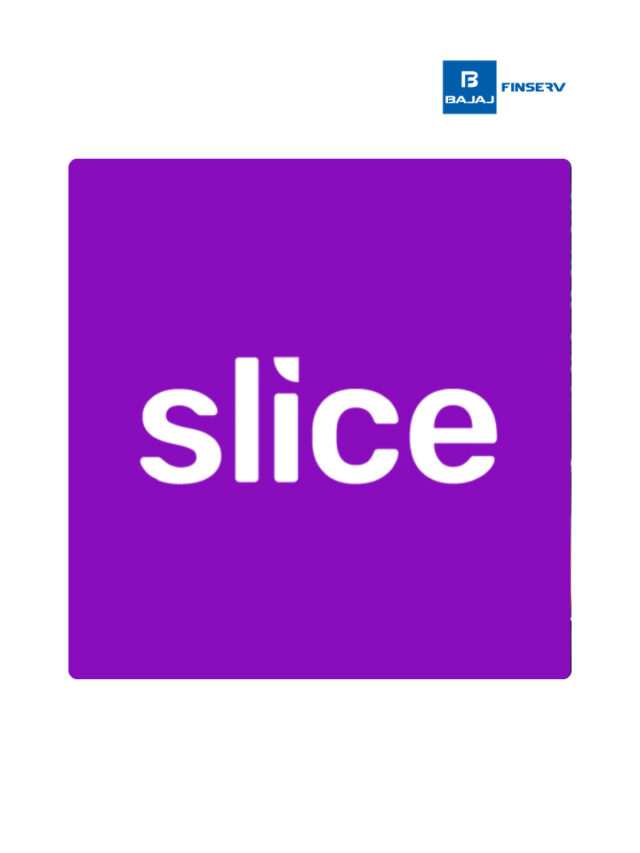NSE Shifts Expiry of Derivative Contracts of NIFTY Bank and NIFTY Midcap Select
Last Updated on September 27, 2023 by BFSLTeam BFSLTeam

The National Stock Exchange (NSE) has recently announced a small shift in the expiration dates of two of its most popular index derivative contracts – NIFTY Bank (BANKNIFTY) and NIFTY Midcap Select (MIDCPNIFTY). Although this change appears to be minor, it is likely to affect derivative traders who regularly trade in these contracts significantly.
So, if you’re a derivative trader who regularly trades in either of these two contracts or are planning to start trading in them in the near future, here’s what you need to know about the new expiration dates.
What is the Change in the Expiration Day of NIFTY Bank and NIFTY Midcap Select Weekly Options?
The National Stock Exchange, through a circular, recently announced that there would be a minor revision in the expiry of BANKNIFTY weekly contracts.
As per the circular, the exchange has revised the weekly contract expiry day from Thursday to Wednesday with effect from September 01, 2023. However, this change has no effect on the monthly and quarterly contracts of the index, which will continue to expire on the last Thursday of every month.
The National Stock Exchange decided to shift the expiry day of all monthly and weekly contracts of the NIFTY Midcap Select index from Wednesday to Monday. This change has already come into effect from August 21, 2023.
What Prompted the National Stock Exchange to Shift the Expiration Day?
While this change may have come as a shock to many derivative traders, market experts long expected the announcement.
Earlier, the NSE had planned to shift the expiration day of BANKNIFTY contracts from Thursday to Friday with effect from mid-July of this year. However, it had to back out due to the Bombay Stock Exchange (BSE) changing the expiry of its flagship indices – SENSEX and BANKEX from Thursday to Friday.
To avoid concentration of market risk and volatility due to contracts of both exchanges expiring on the same day, the Bombay Stock Exchange requested the NSE to shift the expiries of its NIFTY Bank and NIFTY Midcap Select index derivatives to a day other than Friday.
It is this particular request from the BSE that prompted the National Stock Exchange to shift the expiries of two of its premier index derivative contracts.
What are the Implications of this Change in the Expiry Day of NIFTY Bank and NIFTY Midcap Select Derivative Contracts?
As a derivative trader, you need to be aware of the possible ramifications of this shift in expiration days of NIFTY Bank and NIFTY Midcap Select derivative contracts. Here’s a quick overview of a few of them.
- Change in Liquidity and Volatility
The shift in expiry may negatively impact the liquidity of the contracts, at least until the market participants get used to the change. On the other hand, market volatility may also be affected, leading to sudden and unexpected price movements. Therefore, it is a good idea to remain cautious while trading during the initial few weeks.
- Revision in Trading Strategies
Your trading strategies, especially those that require you to hold onto the options until expiry, will need to be adjusted according to the new expiration day. That said, before deploying your revised trading strategies, make sure to backtest them thoroughly to ensure they’re just as effective as how they were previously.
- Reassessment of Risk
The change in expiry may unearth new risks, especially when you use derivative contracts for hedging your positions. It is crucial to completely reassess the different risks and make adjustments to your risk management plan appropriately. This way, you can limit losses, if any, due to adverse market movements.
Frequently Asked Questions
The maturity date is the due date set for when the investment period comes to an end. It is when the investor is set to receive his final payment as liquidity. This amount usually fluctuates depending on the profit or loss taken by the initial investment.
Yes, in many cases the maturity date can be understood as the expiry date. For instance, for financial products such as bonds or certificates of deposit, the maturity date is when the investment ends, and you get your initial investment back along with any interest or returns. However, some schemes offer add-on benefits of maintaining an investment post its maturity date.
When you reach the maturity date, you receive the agreed-upon payment or settle the terms of your financial investment. For different types of financial products it may mean differently. A few of them have been discussed below:
For bonds: Investors receive the face value of the bond, which is the initial amount they invested, along with any interest that has accrued over the bond’s term.
For derivative contracts: Traders settle their positions by either by buying or selling an underlying asset, or simply closing out the contract.
For loans: Borrowers typically need to repay the outstanding loan amount in full, along with any interest that has accrued, by the maturity date.
The maturity date is essentially when the financial obligations are fulfilled, investments are resolved, and contracts are concluded, with financial outcomes such as profit and loss coming into play tangibly.











